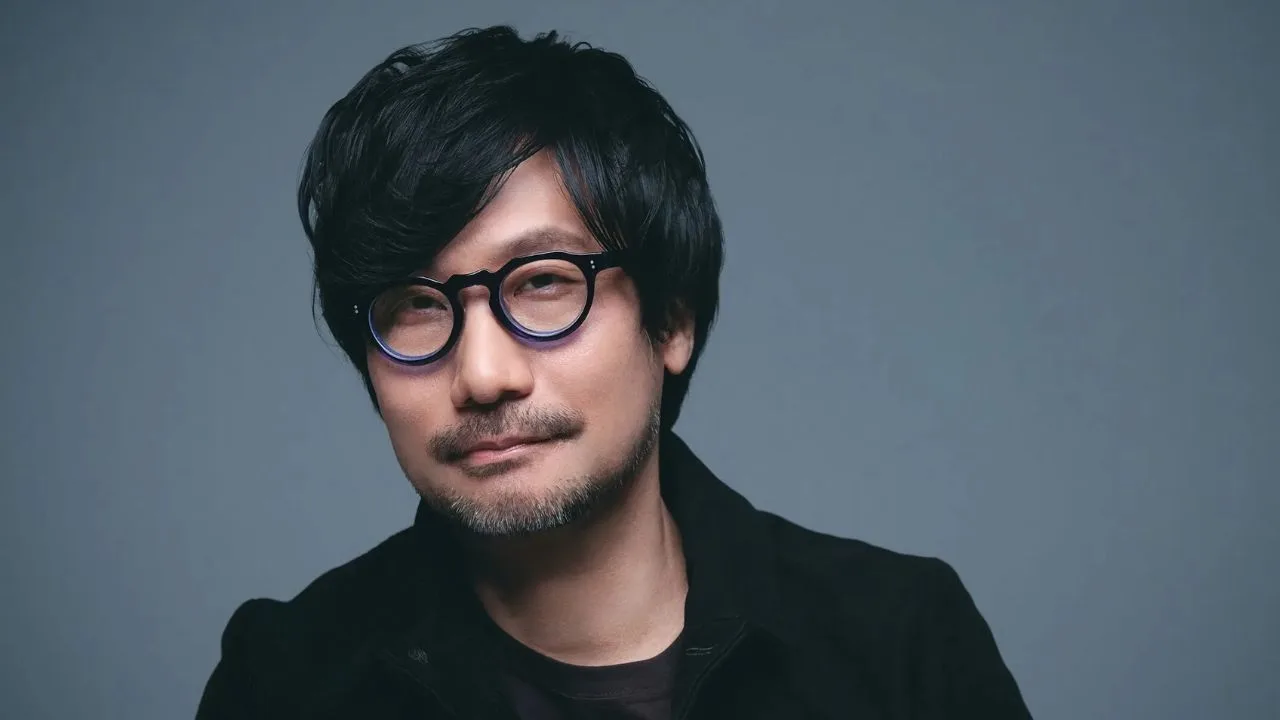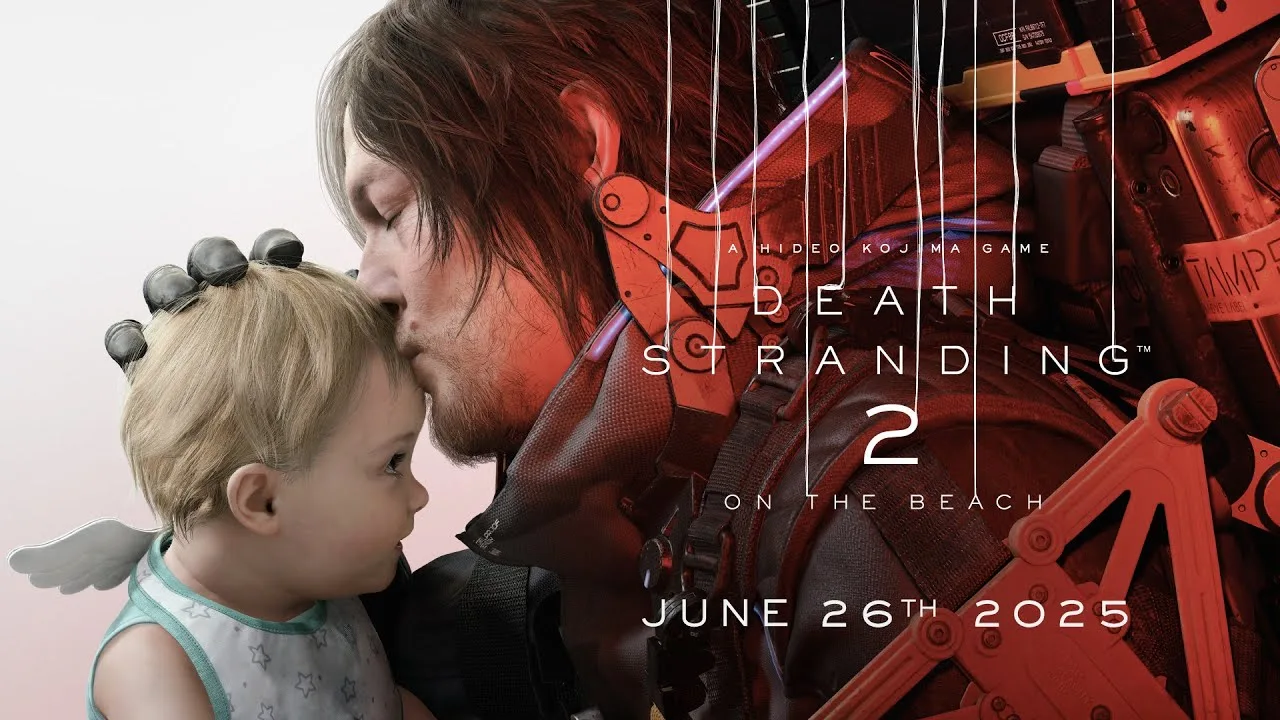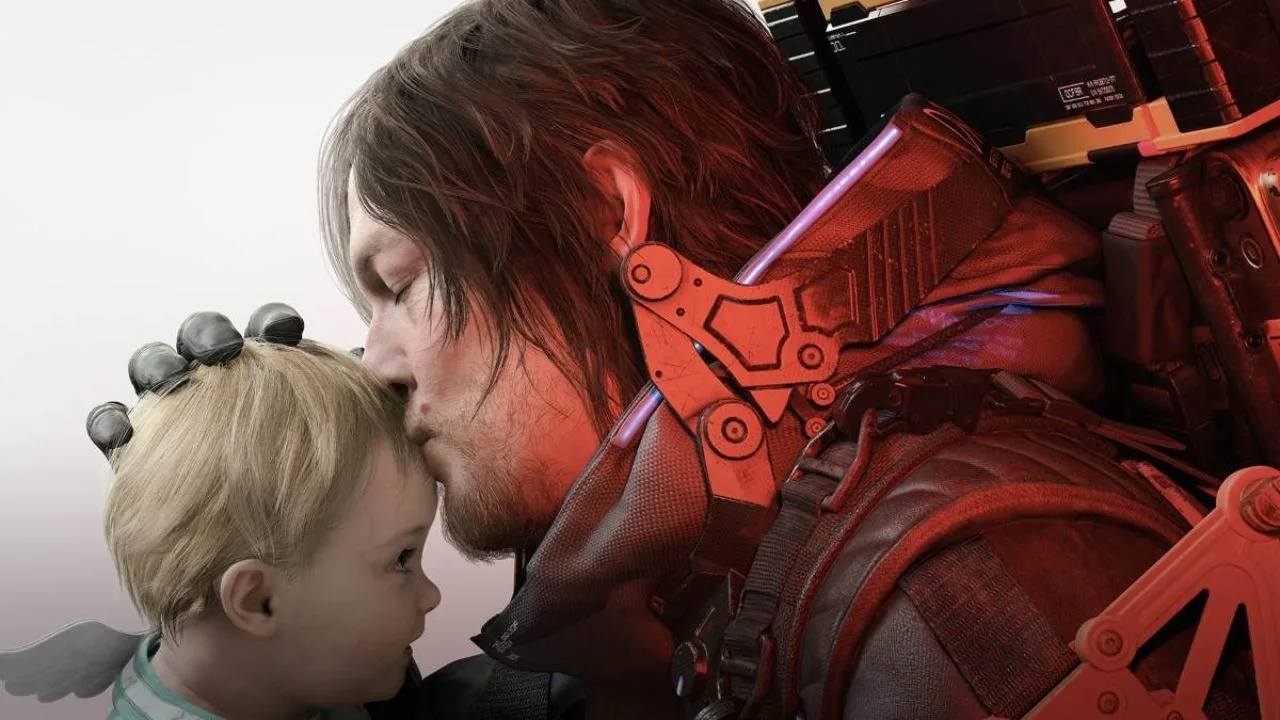Japanese director Hideo Kojima stated that Death Stranding is, indeed, a strange game. Known for defying conventions, he commented on the title's reception in a recent interview with British magazine Edge. According to the creator, 60% of participants in preliminary tests considered the game poor. Despite this, Kojima considers the result to be balanced and consistent with his artistic vision. This revelation reinforces his stance that a project's success depends not on universal acceptance, but on fidelity to the original vision.
- Clair Obscur sells 3.3 million copies in 33 days
- Nintendo restricts recordings in the Nintendo Today app
Released in 2019, Death Stranding drew attention for combining unusual mechanics with a complex and symbolic narrative. The player assumes the role of a lone delivery man in a devastated world, tasked with reconnecting isolated cities. The story involves surreal elements, such as encapsulated babies, invisible entities, and a character carrying the body of the President of the United States to be incinerated. Kojima acknowledges that these elements sound strange, but asserts that they are part of his creative identity.

Creator avoids script adjustments to please audience
During the interview, Kojima emphasized that he doesn't change the plot or themes of his games based on feedback. For him, giving in to external pressure would compromise the project's integrity. Changes are welcome in technical aspects, such as controls and camera, but the core of the work remains unchanged. According to the director, trying to please everyone leads to generic productions. His goal is to provoke reactions, even if negative.
This approach has been a constant in Kojima's past, including the Metal Gear series and unrealized projects, such as a game in which the character loses his memory if the player stops playing. His preference for bold ideas has cemented his reputation as one of the most creative in the gaming industry, even if it means alienating some of the public.

Anticipation for Death Stranding 2 grows with new revelations
The Death Stranding sequel is in production and is expected to expand on the concepts introduced in the first game. Without revealing many details, Kojima stated that he will continue exploring complex themes and visual metaphors. Elements already confirmed include a guitar-playing villain and a talking puppet. The director himself says he's curious about the audience's reaction to these choices, but assures that he will continue to invest in experiences that challenge convention.
Furthermore, Kojima Productions' new phase in partnership with Sony allows for more creative freedom, he says. The studio maintains its independence and avoids being tied to formulas or market trends. For Kojima, the future of games lies in experiences that surprise, even if they risk being misinterpreted.

Creativity outside the box continues to be a trademark
Hideo Kojima's willingness to take risks and innovate has cemented his place as a unique figure in the gaming world. Despite criticism, Death Stranding was nominated for several awards and sparked intense debate about the role of narrative in games. His choice to maintain his creative essence, even in the face of rejection, reinforces a rare stance in an industry increasingly driven by data and commercial trends.
For the public, this means expecting games that break from the predictable. For Kojima, it's a matter of principle. Creating something no one else would create seems to him to be the true meaning of game development.


